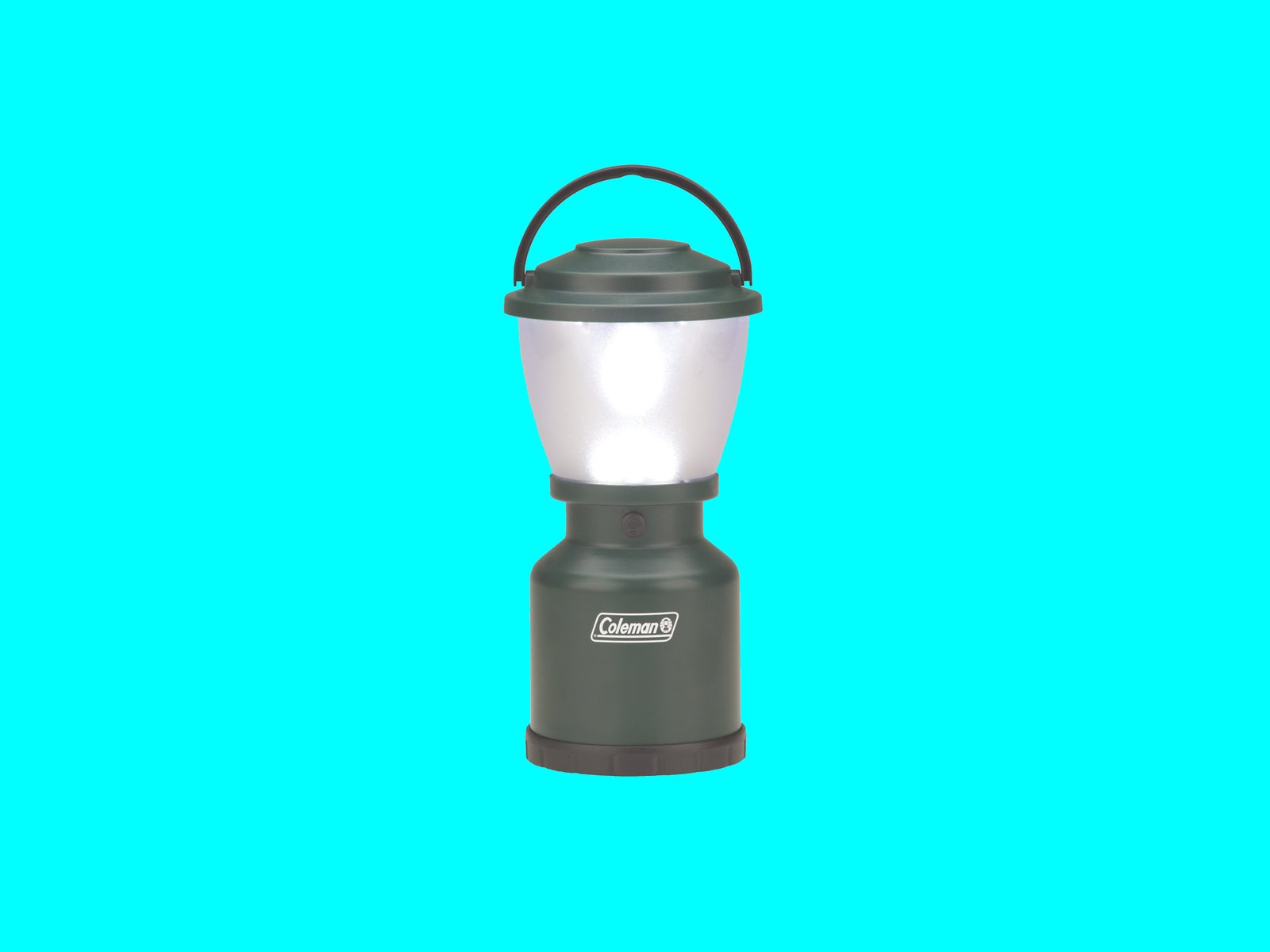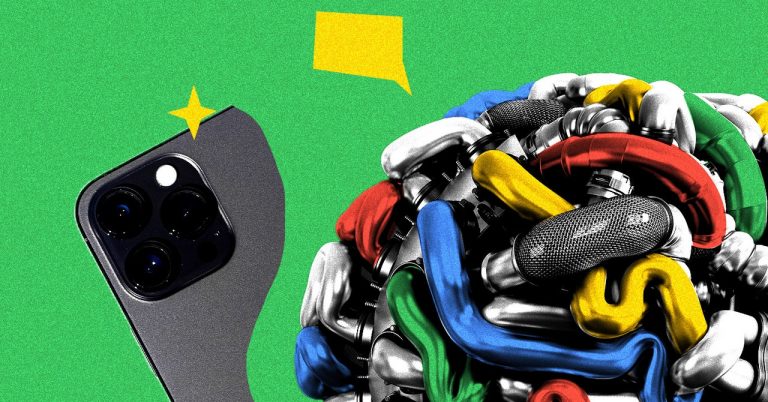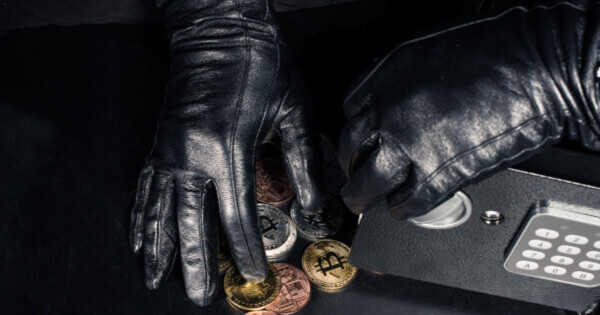If you’re using alkaline batteries, remove them from the flashlight if it’s going to sit unused for a long time, otherwise they’ll leak and cause problems. Store them near the flashlight so you can easily find them. Try tapping the batteries to the flashlight barrel.
Pro tip: The best-performing flashlights are built specifically to use lithium-ion batteries or have nonremovable rechargeable batteries, which won’t do you any good if the power is out for a long time. Rechargeable nickel-metal hydride (NiMH) AA batteries maintain their performance better over the lifetime of the battery, whereas alkalines’ performance drops off more as they deplete, so buy some Panasonic Eneloops for $43. They’re better for the environment, but if they run out of charge you can still use regular alkaline AAs.
You may prefer to keep a headlamp on your phone. the Black Diamond Astro 300 for $20 runs on three easily found AAA batteries and has three brightness settings, the brightest of which throws 300 lumens. That’s more than powerful enough for tasks outside the home, while you can squeeze 140 hours of runtime out of the lowest setting for general tasks indoors.
A lantern
Coleman discontinued our previous favorite pick, the Divide+ Push Lantern, so the Coleman 4D LED Camp Lantern for $22 is the next-best choice for not a lot of coin. Flashlights do a poor job when you need to light up a whole room or when you need your hands free for a task. This basic lantern offers a single setting of 54 lumens, with a runtime of 175 hours on four D-cell batteries. That sounds like a lot, but next to other full-size battery-powered lanterns, such as the Coleman Twin LED lantern that uses eight D cells, it’s economical. Fifty-four lumens is not what I’d call bright, but it is plenty bright enough for most tasks, even reading, while conserving battery life.
If you want to save batteries or just prefer hanging out by gentle flickering candlelight, keep a spare emergency candle or two. the Coghlan’s 36-Hour Survival Candle for $15 has three wicks that’ll last for 12 hours each. Keep a lighter or some matches nearby.
A Water Purifier
Most of the time, your water supply will work even when the power goes out. But major natural disasters can knock it out or damage it, and you might get dirty water. the LifeStraw Go Series Water Purifier Bottle for $45 marries the straw component of the LifeStraw Personal Water Filter with a BPA-free plastic bottle to filter out 99.99 percent of waterborne bacteria for up to 26 gallons of water. The original, bottle-less straw is still a good backup option for $17, and it’ll filter up to 1,000 gallons.
Another option is the Katadyn Steripen Adventurer for $120, which purifies using ultraviolet light. Dunk it in your water and stir. It won’t filter out sediment, but it’s small, lightweight, and runs on replaceable CR123 batteries. You can also try Katadyn Micropur tablets for $16. They’re cheap and easy to store. Drop them in water and wait briefly. The taste isn’t great, but no water-treatment tablets or droplets are, in my experience.













+ There are no comments
Add yours